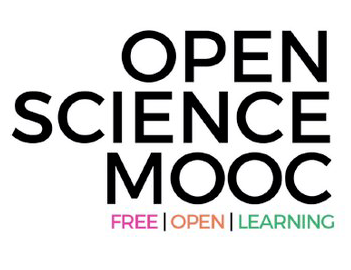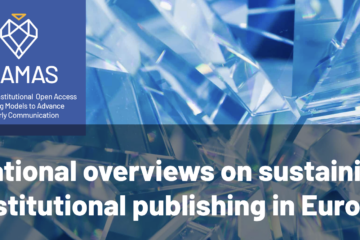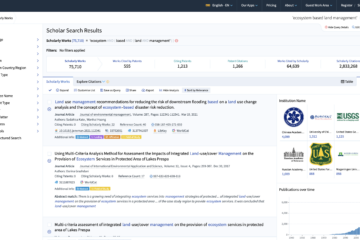Imagine a Research Future Defined by Open Values

Disclaimer as of Nov 15, 2019: Official announcement from the Open Science MOOC Steering Committee
– Introducing the Open Science MOOC by Jon Tennant.
This article was originally published on genr.eu | DOI: 10.25815/6hyr-g583
The world of research is not working as well as it could be. On all sides we see issues with reproducibility, questionable research practices, barriers and walls, wasteful research, and flawed incentive and reward systems. If we want research to be more effective in helping to solve the problems our world currently faces, we have to be better.
This is what we are trying to help with through the Open Science MOOC. We understand that expectations are changing in how to perform and communicate research, as it adapts to a new age of Web-based technologies. Modern research now demands transparency, collaboration, and a more continuous process. At the Open Science MOOC, we want to help develop a peer-to-peer, value-based community that works towards better science for society.
Our vision of the future and ultimate goal? To help make ‘Open’ the default setting for all global research. We aim to achieve this through creating, connecting, and fostering a welcoming and supporting community; a community based around good tools, teachers, and role models. Most importantly, a community that is fundamentally built upon a solid values-based foundation of freedom and equitable access to research.
In late 2018, we launched our pilot module on Open Source and Open Research Software, using the open source platform Eliademy. At the time of writing this, already more than 400 participants have enrolled in the module, dozens have completed the practical tasks, and we have already handed out the first certificates of completion. One major goal we had here was to expose the ‘human element’ behind open source software, and made this introductory video to help with that:
Our community is based around learning, sharing, and collaboration. It is based around empowering researchers with knowledge and skills to save time and effort, solve research problems, and advance global research as a collective. At the present, we have developed everything as openly as possible. All content has been created collaboratively and in the open using our open GitHub project, and all core communications through our open Slack channel. All content we create is licensed either CC0 or CC-BY for maximum re-use, and is constantly released as it is built. The course itself is self-paced, so that anyone can join and complete it whenever they like. And of course, it is totally free to everyone. We aim to be as open and accessible as possible.
In the near future, we expect to launch our next module on Open Principles, and are just putting the finishing touches on the content there. We hope that you can join us, and become part of our wonderful community. The future is open, and we want you to be part of it!
Find out more about the Open Science MOOC at https://opensciencemooc.eu/
Open Science MOOC: Open Research Software & Open Source
Complete all of these tasks on Eliademy to finish the course and get certified!
1. How to set up your first project on GitHub.
2. How to index your GitHub projects with Zenodo to make them citable.
3. How to integrate Git with RStudio for version control.
Disclosure: Jon Tennant is on the Advisory Board of GenR. Simon Worthington GenR Editor-in-Chief is a volunteer contributor to the Open Science MOOC.
References
‘About the Sustainable Development Goals’. United Nations Sustainable Development (blog). Accessed 1 February 2019. https://www.un.org/sustainabledevelopment/sustainable-development-goals/.
‘Open Science MOOC’. Accessed 1 February 2019. https://opensciencemooc.eu/.
‘Module 5: Open Research Software and Open Source | Eliademy’. Accessed 1 February 2019. https://eliademy.com/catalog/oer/module-5-open-research-software-and-open-source.html.
Open Science MOOC. Module 5: Open Research Software and Open Source. Accessed 1 February 2019. https://www.youtube.com/watch?v=BHrOEmKk5zM.
‘Open Science MOOC GitHub’. Accessed 1 February 2019. https://open-science-mooc-invite.herokuapp.com/.
‘Join the Open Science MOOC Community on Slack!’ Accessed 1 February 2019. https://osmooc.herokuapp.com/.


